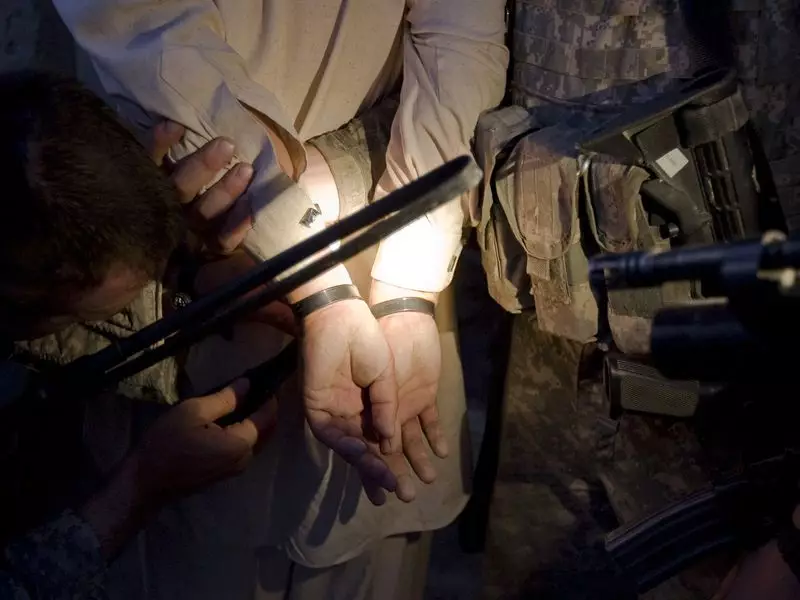
In a development that exposes the intricate web of cross-border terrorism, security forces in Afghanistan have captured an ISIS terrorist who made a shocking confession about receiving specialized training in neighboring Pakistan.
The arrest and subsequent interrogation have revealed disturbing details about how terror operatives are being trained across borders before being deployed to conflict zones. The terrorist, whose identity remains protected for security reasons, provided crucial intelligence about training methodologies and network operations.
The Capture and Confession
According to intelligence sources, the ISIS operative was apprehended during a carefully coordinated operation by Afghan security forces. During intensive interrogation, the terrorist revealed that he had undergone extensive combat and ideological training at camps located within Pakistani territory.
"The confession confirms what security agencies have long suspected - that Pakistan continues to serve as a breeding ground for terrorist elements targeting neighboring countries," said a senior security official familiar with the investigation.
Training Methodology Exposed
The terrorist detailed a comprehensive training regimen that included:
- Weapons handling and advanced combat techniques
- Explosives manufacturing and bomb-making
- Communication and encryption methods
- Ideological indoctrination sessions
- Surveillance and counter-surveillance tactics
This revelation comes at a time when regional security concerns are already heightened, with multiple nations grappling with the resurgence of terrorist activities.
Regional Security Implications
Security analysts emphasize that this confession underscores the persistent threat of cross-border terrorism in the South Asian region. "The admission of Pakistan-based training camps operating despite international pressure highlights the challenges in completely dismantling terror infrastructure," noted a counter-terrorism expert.
The development has prompted calls for enhanced international cooperation and intelligence sharing to combat the evolving threat of transnational terrorism networks.
As investigations continue, security forces remain on high alert, with the confession expected to lead to further operations against terror cells operating in the region.





